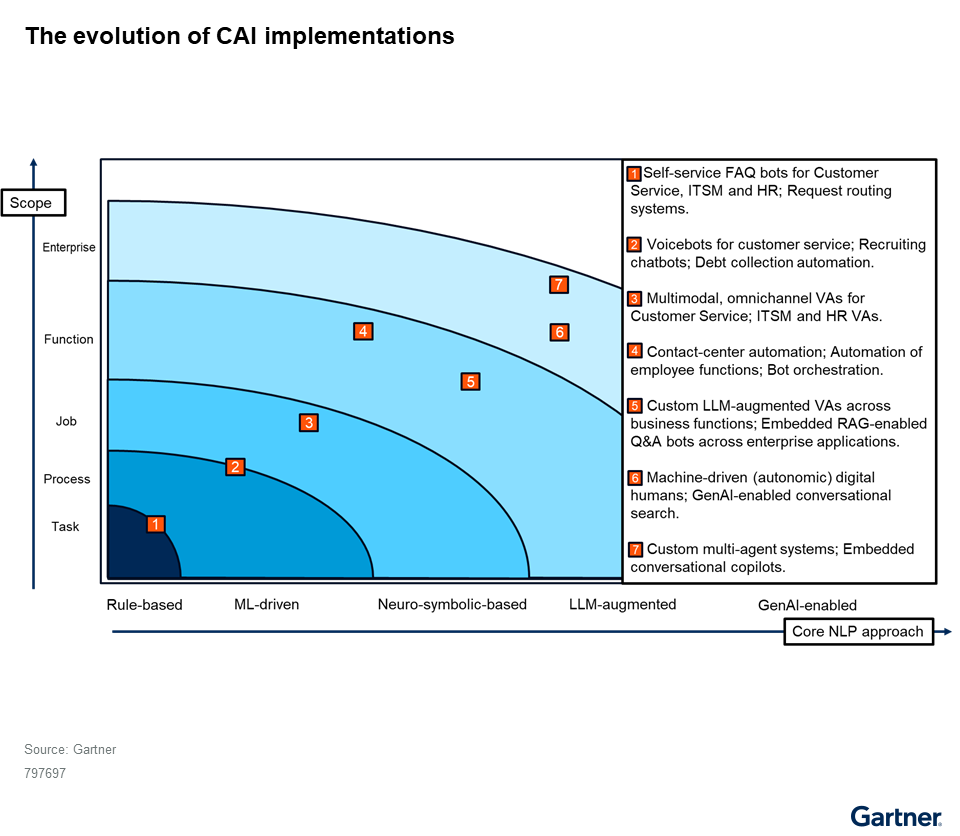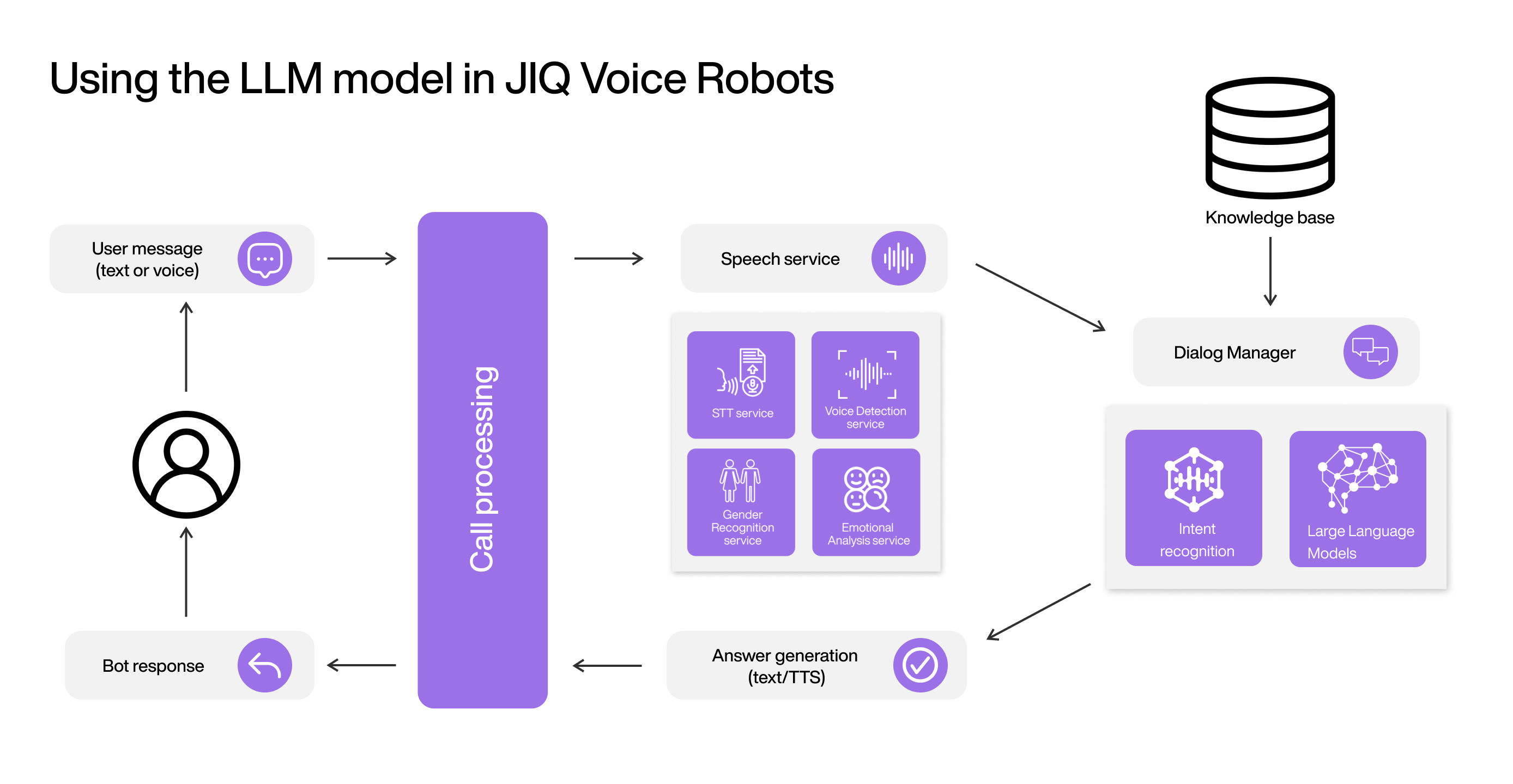
In recent years, conversational AI and virtual assistants (VAs) have been rapidly evolving. With the addition of generative AI (GenAI) capabilities, these technologies are set to transform the user experience and become the preferred interface for interactions in the near future.
New trends and expanded capabilities
According to a research article by Annette Jump, it is predicted that within the next five years, voice will become the preferred user interface for 60% of interactions. This shift will open up new opportunities for various industries, such as sales, recruitment, and enterprise knowledge management.

One of the key findings is that combinatorial AI, which involves using multiple emerging AI technologies together, can unlock new values and capabilities. By leveraging foundation models, GenAI, prompt engineering, and responsible AI, software product leaders can enhance the functionality of conversational AI and VA solutions. This integration can lead to proactive intelligence capabilities, specialized predictive data analytics, and real-time decision support.
The impact of generative AI on the conversational AI market is explored in a research article by Gabriele Rigon and his colleagues. They highlight that GenAI technology will enable AI avatars to support 70% of digital and marketing communications by 2025. Additionally, by 2026, 50% of conversational AI software will include proactive intelligence capabilities.
All of the above indicates a significant shift towards more advanced VA solutions.

The expanding intelligence levels of virtual assistants are becoming more evident, and their capabilities are reaching new heights. With the integration of GenAI, VAs are transitioning to expert levels, enabling tasks such as summarization, information discovery, and creative writing and response.
Using generative models to create voice robots
As a company that develops AI Voice Agents for business call automation, JIQ AI already has extensive experience in using intent-based models, and now has embraced prompt engineering and LLM in its robots. These technologies have allowed us to enhance the conversational abilities of our virtual assistants, making them more intelligent and engaging.
We use prompt engineering for FAQ automation, appointment scheduling and training NLU model. It plays a crucial role in fine-tuning the performance of our virtual assistants. By carefully crafting prompts and providing specific instructions, we train our models to generate high-quality responses that align with our clients’ business goals.
The use of LLM in virtual assistant development has also allowed us to personalize the user experience. By training our models on large datasets, we can capture the nuances of different industries and tailor our virtual assistants to specific domains. This level of personalization enhances the relevance and accuracy of the information provided by JIQ AI Voice Agents.

Furthermore, LLM has enabled our virtual assistants to handle complex queries and understand user intent more effectively. This led to improved customer satisfaction and reduced the need for human intervention in customer support scenarios.
The bottom line
The adoption of LLM in virtual assistant development has been a game-changer for JIQ AI. By leveraging the power of prompt engineering and LLM, we can create intelligent and engaging AI Voice Agents that transform the user experience. As conversational AI continues to evolve, we are excited to explore new opportunities and push the boundaries of what virtual assistants can achieve.







